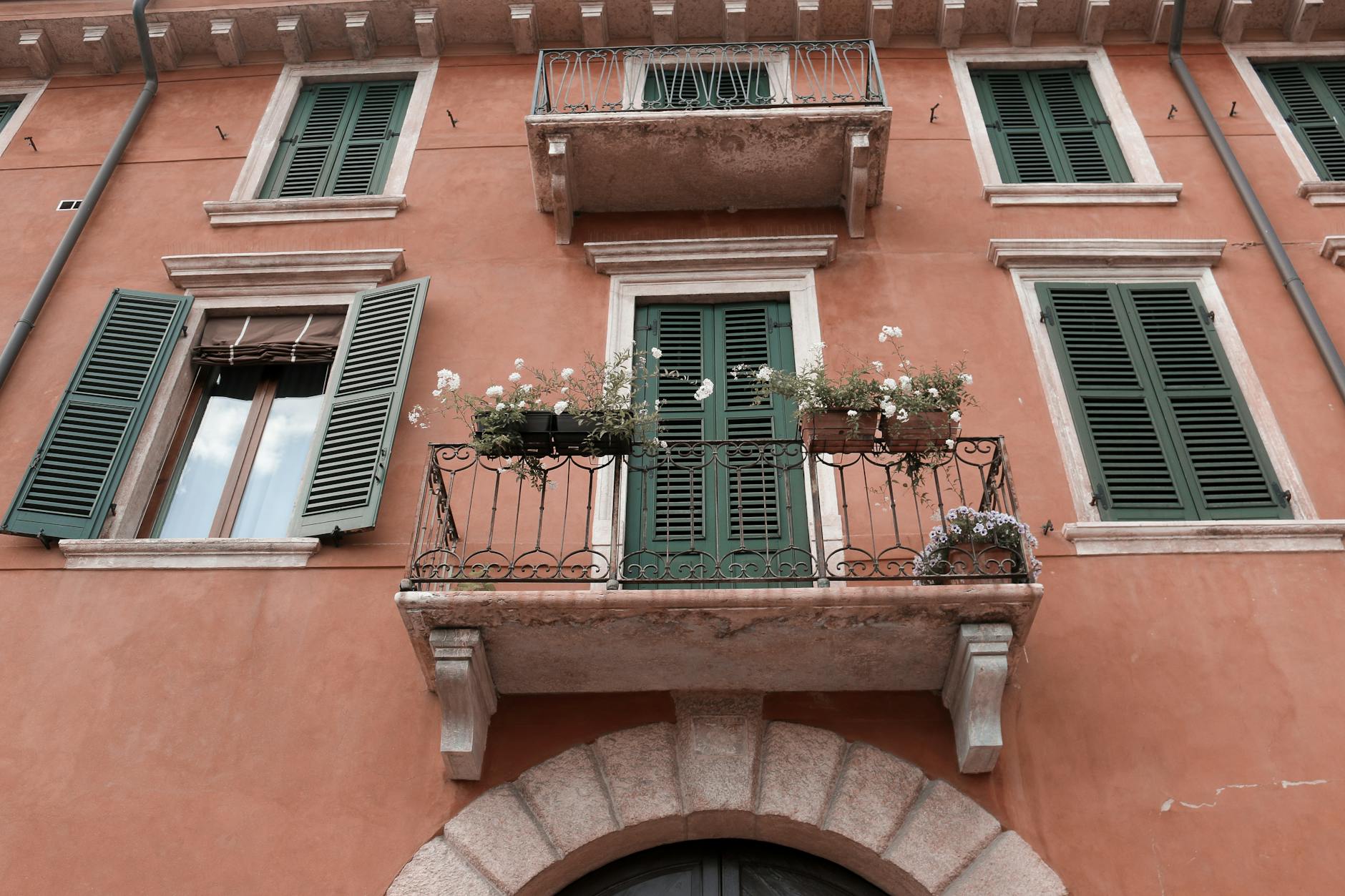A Guide to Renting Out Residential Property - For Owners
As with renting a property in Italy, renting out a property can also be a challenge. Most property owners choose to trust their property with an agency who can help prescreen applicants, advertise the property, and draw up the necessary paperwork. While it can be done on your own, there’s a lot to know, and this guide will aim to help you better understand the process so that you can make informed decisions.
How to start
A natural start would be to contact a local real estate agency in your area as they likely have experience and knowledge about the rental market there. The agency will want some basic information from you and want to schedule an appointment to visit the property. Walk them through the property, answering their questions, while asking some critical questions of your own like:
- What is your agency’s fee to list my property?
- How many rental properties does your agency handle per year?
- What do you think is a realistic rental price for my property?
- How long are your properties typically on the market before being rented?
If you choose to go it alone, you could start by looking for comps on sites like immobiliare.it, casa.it, idealista.it, and others.
Documents you’ll need
You’ll need the Visura (Land Registry Extract) and Planimetria (Registered Floor Plan). If you don’t have these already, your agent should be able to get them for you. If you’re not using an agency, you can retrieve these documents from the Land Registry office of the Comune (Municipality).
You’ll also need the APE – Attestazione Prestazione Energetica (Energy Performance Certificate). This document is required when selling or renting and has a validity of 10 years. If you don’t have one, you’ll need to call a Termotecnico (HVAC technician) before proceeding.
Should my property already be vacant?
No! The typical lead time from listing to rental in Italy is 2-3 months. So if you’re living inside the property or already have tenants, don’t worry NOTE: In Italy, tenants have strong protections in terms of property rights. Although they are required to open the home for visits a minimum number of hours per week, you may find yourself with difficult tenants who may not permit visits. It’s always best to discuss your plans ahead of time with the tenants – you may get the feeling that it is better to wait until after they move out to show the home.
Tell me about rental contracts
By law in Italy, there are only a few different contract types for rentals.
- The most common are the 4+4 (four year with 4 year extension, used for rentals priced freely (mercato libero)) and 3+2 (three year with two year extension, used for rentals with rent control (canone concordato)).
- Another common variant used for students and those with short-term transitory needs (work related travel, internships, training, etc; these needs must be well documented) is the short term rental contract which has a maximum period of 18 months.
The decision on which contract to choose depends on you. Do you want a higher price with a longer term? Choose the 4+4. Is the property in a high density city with low availability? Choosing the 3+2 could be right for you as it also carries some nice tax benefits for the owner, with the trade off being a price established through accord (rent control). Looking for something shorter? A short-term contract might be right however they can carry restrictions on how much you can rent the property for.
Your realtor should be able to thoroughly advise you on each contract and what it entails. However, remember that real estate agents in Italy are legally not tax advisors, and it’s best to always consult with your Commercialista (tax advisor).
Should I rent the apartment furnished or unfurnished?
Furnished apartments usually rent for higher prices. Period. In cases where you are using a rent-controlled contract, providing full furnishings can increase the rental price by up to 13%.
What costs are involved for a property owner?
Renting out a property isn’t without some costs for the property owner, even in the case that a real estate agency isn’t used.
Typical Costs:
- Agency commission: 1 month rental fee + 22% IVA (if using an agency)
- Advertising costs: Free if you use an agency, varies if done without
- Contract registration costs: Can vary based on the type of contract, but typically 2% of the annual rent multiplied by the number of years of the contract.
- Taxes: Vary. In cases of a rent controlled contract in a high density city, as low as 10%. Typically at least 21%. It’s important to consult with a tax advisor. Marca da Bollo of €16 for every 4 pages of the contract.






